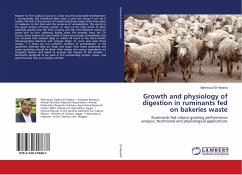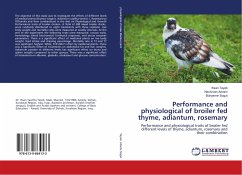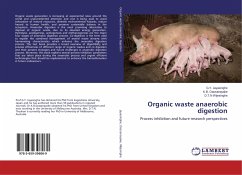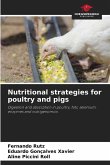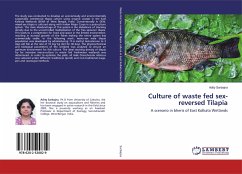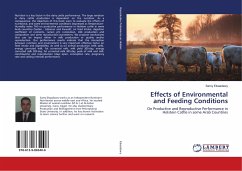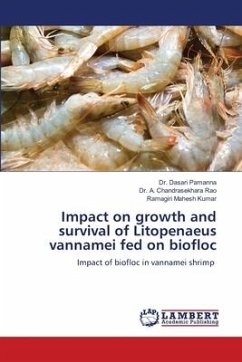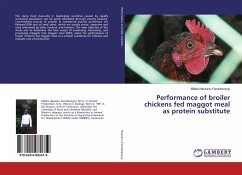Respect for the surplus of grace is a step towards sustainable development: - Economically, this traditional feed costs us only two things if we use it freshly. The first is the process of transferring these wastes from their place of residence to the farm and the presence of animals/birds. The second is the good sorting of these wastes. In view of the high prices of feed, especially poultry and fish feed, poultry and fish feed depends mainly on grains such as corn, soybeans, barley, roast, fish powder, bran, etc. Of course, these wastes are used freshly if there are enough animals/birds that can consume that amount daily, ie, within 24 hours at the latest before microorganisms (bacteria and fungus) begin to work and spoil those wastes. - If there are not sufficient numbers of animals/birds, or the quantities collected daily are large and huge, then these additional and excess quantities should be dried. After drying, the various ingredients are chopped, broken and mixed to increase the interest of the animals. - Ruminants preferred to be used in this outstanding project, sheep, and goats because they are naughty animals.
Bitte wählen Sie Ihr Anliegen aus.
Rechnungen
Retourenschein anfordern
Bestellstatus
Storno

